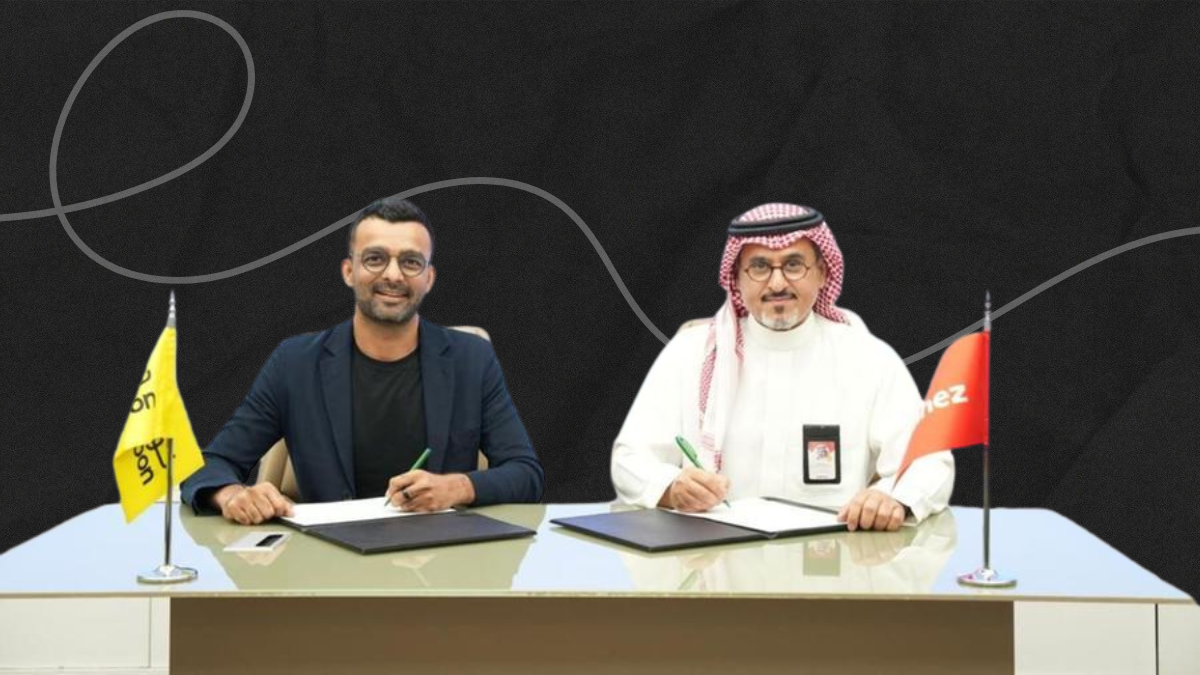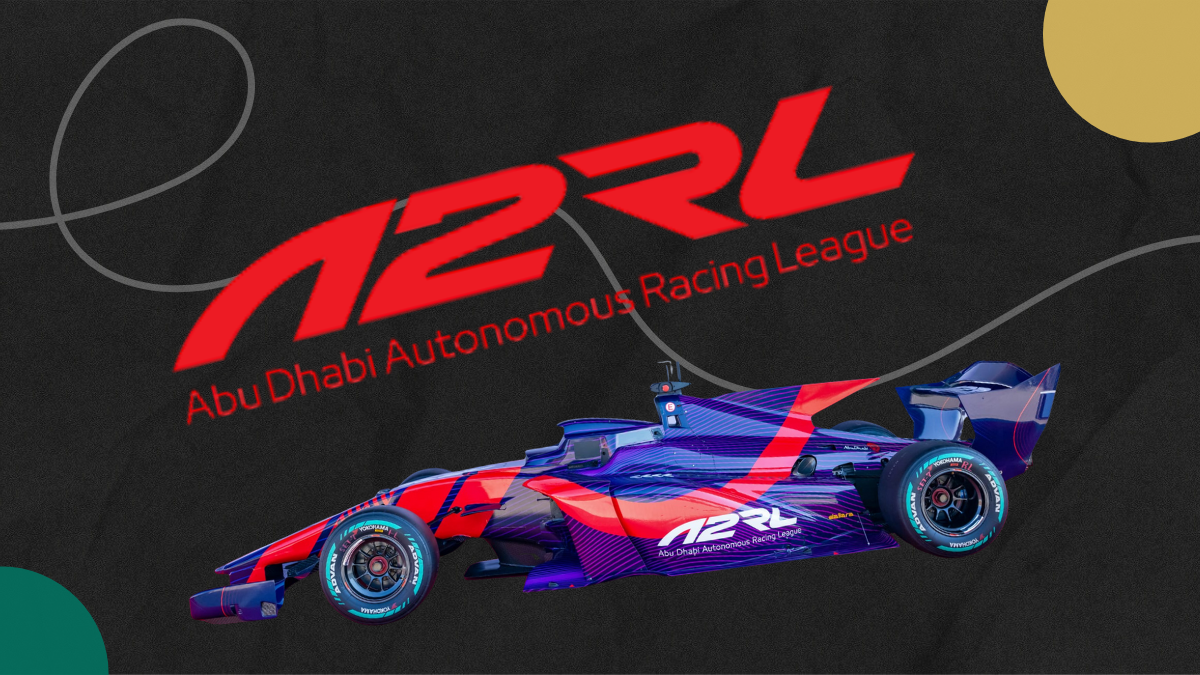Conversation with Mohammed Emara – MasterMinds

6 min
Today on MasterMinds, we meet an operations leader who has spent more than two decades turning business strategy into measurable success.
Mohammed Emara, DBA, MPhil, MBA — and currently Operations Manager at Talabat — has built a career that defines what operational excellence looks like across retail, e-commerce, and Q-commerce in the MENA region.
With over 22 years of experience leading large-scale operations across the UAE, Kuwait, and Qatar, Mohammed has mastered the art of balancing performance, innovation, and scalability. At Talabat, the region’s leading delivery platform, he oversees dark store operations that drive consistency, efficiency, and growth — ensuring every process contributes to a seamless customer experience.
His expertise spans P&L management, market expansion, data-driven leadership, and cross-functional collaboration, with a proven ability to transform operational frameworks into strategic assets. Beyond business, Mohammed embodies a mindset of continuous learning — currently pursuing a Doctorate in Business Administration (DBA) focused on Motivation and Leadership, alongside holding advanced degrees and certifications in Strategic Thinking and Management.
From retail floors to boardroom strategy, Mohammed’s journey is a testament to the power of discipline, innovation, and leadership — proving that true operational success begins with people, and thrives through purpose.
If someone has never heard of Mohammed Emara, how would you describe what you do?
I lead dark store operations for Talabat UAE with intensive experience across GCC markets, build scalable last-mile fulfilment systems, and research transformational leadership and employee motivation as part of my DBA, all to deliver faster, more reliable e-commerce experiences while developing teams that sustain rapid growth.
Which career milestone taught you the most valuable lessons in leadership and management?
Leading my first cross-functional transformation at Talabat (process redesign + tech rollout) taught me the balance between stakeholder alignment and decisive execution: secure buy-in, simplify processes, then relentlessly measure outcomes. That project sharpened my change-management and prioritization skills.
With over 22 years of experience in retail and e-commerce, how do you see the sector’s evolution from when you started until today?
When I started, retail was inventory-centric and brick-first; commerce moved online slowly. Today it’s customer-centric, data-driven, and speed-obsessed: real-time inventory, micro-fulfilment (dark stores), dynamic pricing, and instant delivery define success. The pace of tech adoption, mobile payments, logistics platforms, and last-mile innovation is the biggest shift.
Can you share an example where data-driven decision-making significantly changed performance outcomes?
We used order-level telemetry to identify a peak-time picking bottleneck. By redesigning pick routes and batching orders by zone, throughput increased materially and late deliveries dropped showing how a targeted operational change, driven by data, delivers measurable performance improvement.
What are the biggest challenges you face managing operations across different countries like the UAE, Kuwait, and Qatar? And how do you overcome them?
Regulation & compliance: Use local legal partners and market checklists. Supply & vendor variability: Local sourcing playbooks and regional supplier scorecards. Labor policies & culture: Hire empowered local managers and standardize SOPs with cultural adaptations. Infrastructure differences: Design modular operations that scale up or down by market. Centralized KPIs + decentralized execution is my core approach.
E-commerce is becoming highly competitive. What key trends do you believe will shape the future of the sector in the Middle East?
Rise of q-commerce and micro-fulfilment, consolidation of marketplaces, stronger omnichannel play, embedded finance/instant payments, and customer expectations moving toward sub-hour delivery and hyper-personalization. However the future goes forward reliable fast service.
From your experience, how do you balance rapid growth with maintaining service quality and customer experience?
Grow in waves: pilot, iterate, then scale. Protect customer-facing SLAs while expanding by using capacity buffers, phased launches, automated quality checks, and strict acceptance criteria for KPIs before market rollouts.
From your perspective, what still needs to improve in the region for retail and e-commerce to reach a truly global level?
Last-mile density in secondary cities, standardized logistics/regulatory frameworks for cross-border trade, advanced talent pipelines for operations/analytics, and returns/refund infrastructure to build consumer trust at scale.
How do you see the role of AI and automation in enhancing customer experience and operational efficiency?
AI improves demand forecasting, dynamic routing, personalized recommendations, and anomaly detection; automation (in warehouses and processes) reduces manual error and cycle time. Together they free people for judgment tasks and improve both CX and unit economics.
If you could go back to your first day as a Team Lead at a call center, what advice would you give your younger self?
Focus on influence over authority: build relationships, document processes early, and treat mistakes as data for improvement rather than occasions for blame. Listen, do new mistakes and elevate.
In your opinion, what qualities should a successful leader have to manage multicultural teams across different markets?
Cultural empathy, clarity of purpose, consistency, technical curiosity, and coaching mindset. A leader must be decisive but listen first, set transparent metrics, and invest time in local leaders.
Is there a person or a book that has inspired you the most in your career?
A practical combination: I’m inspired by leaders who combine rigor and empathy; book like The One Thing: The Surprisingly Simple Truth Behind Extraordinary Results: Achieve Your Goals With One Of The World'S Bestselling Success Books influenced my approach, systematic experimentation with elite operational discipline.
What advice would you give someone who wants to start a career in ecommerce ?
Master the fundamentals inventory, fulfilment, and customer service then add analytics. Start in operations to learn the system end-to-end. Be curious about technology but prioritize processes that scale reliably.
What’s the most important piece of advice you give to new operations managers or team leaders in retail/e-commerce?
Go to the Gemba (Visit, identify and improve), measure the right things (process cycle time, error rate, throughput), standardize relentlessly, and invest in people, hire for coachability and give them clear, simple metrics.
You currently lead Dark Stores operations at Talabat across multiple markets. Could you explain, in simple terms, what dark stores are and why they are important for the future of e-commerce?
Dark stores are retail fulfilment hubs optimized exclusively for online orders, think mini-warehouses arranged like a store to speed picking and packing. They shorten delivery time, increase SKU availability, and are crucial for meeting instant/near-instant delivery expectations.
You mentioned achieving 99%+ delivery accuracy. What strategies did you implement to reach such a high level of efficiency?
Standardize SOPs, train pickers with easy visual aids, implement WMS and barcode/RFID verification, run real-time QC checkpoints, use root-cause tracking for exceptions, and align incentives to accuracy (not just speed). Small audits and continuous coaching close the last mile of errors.
You’re pursuing a DBA focused on motivation and leadership. How do you connect academic knowledge with your daily practical work?
I use academic frameworks to design pilot interventions, test hypotheses in operations, and measure outcomes rigorously, turning research into controlled experiments that inform scalable practices.
 AI
AI Saudi Arabia
Saudi Arabia UAE
UAE Egypt
Egypt






